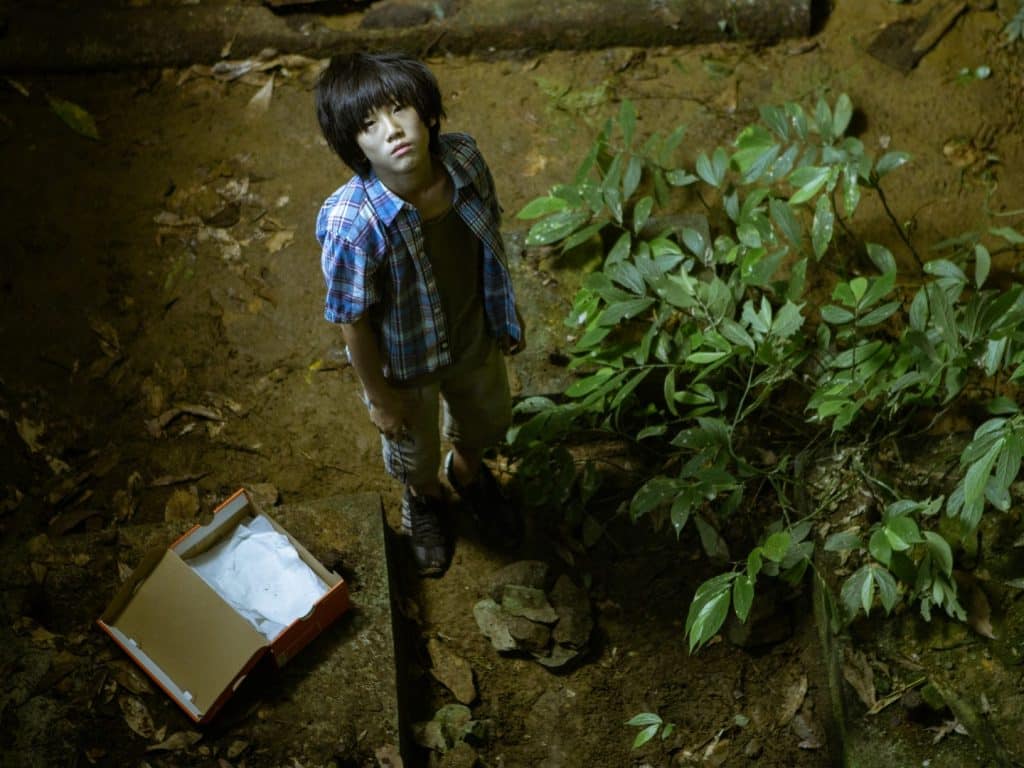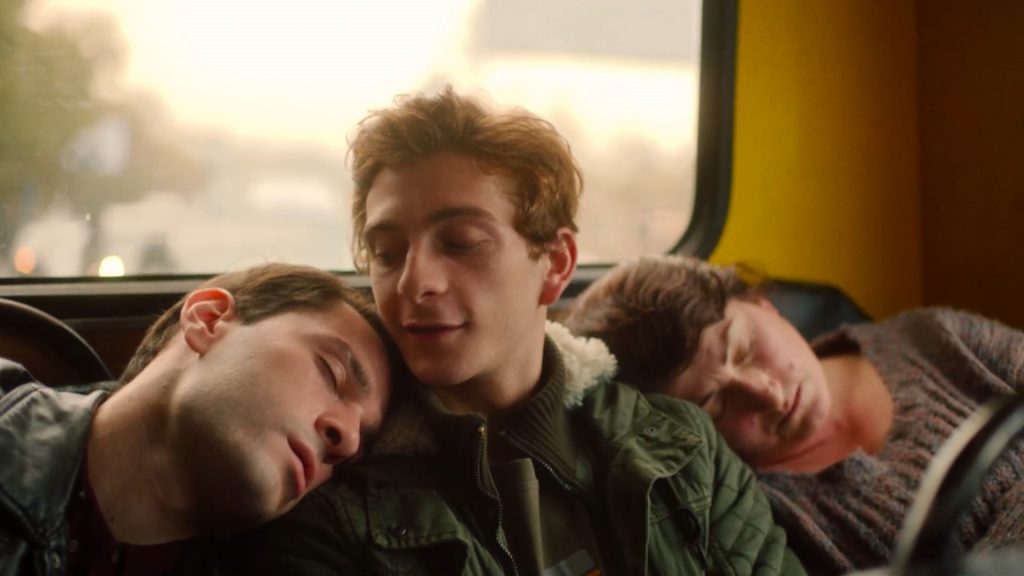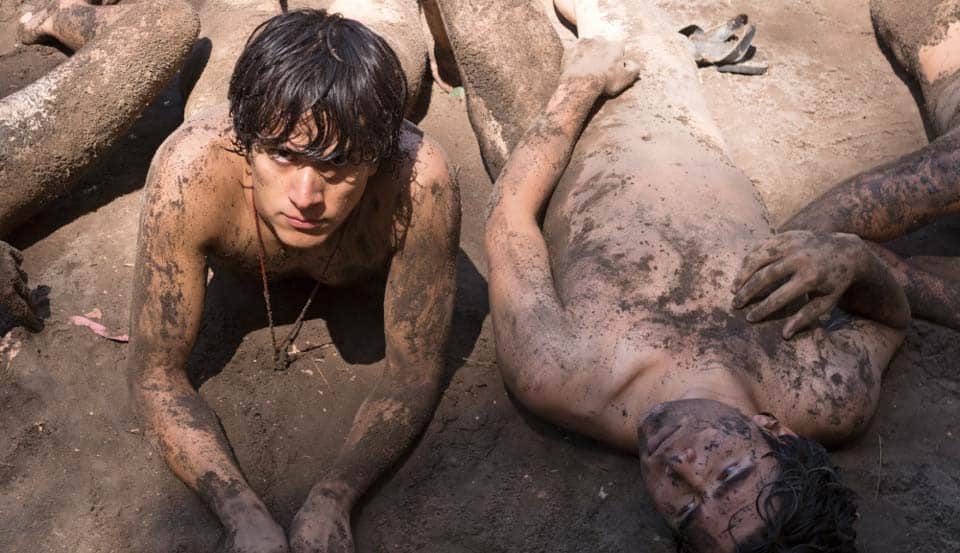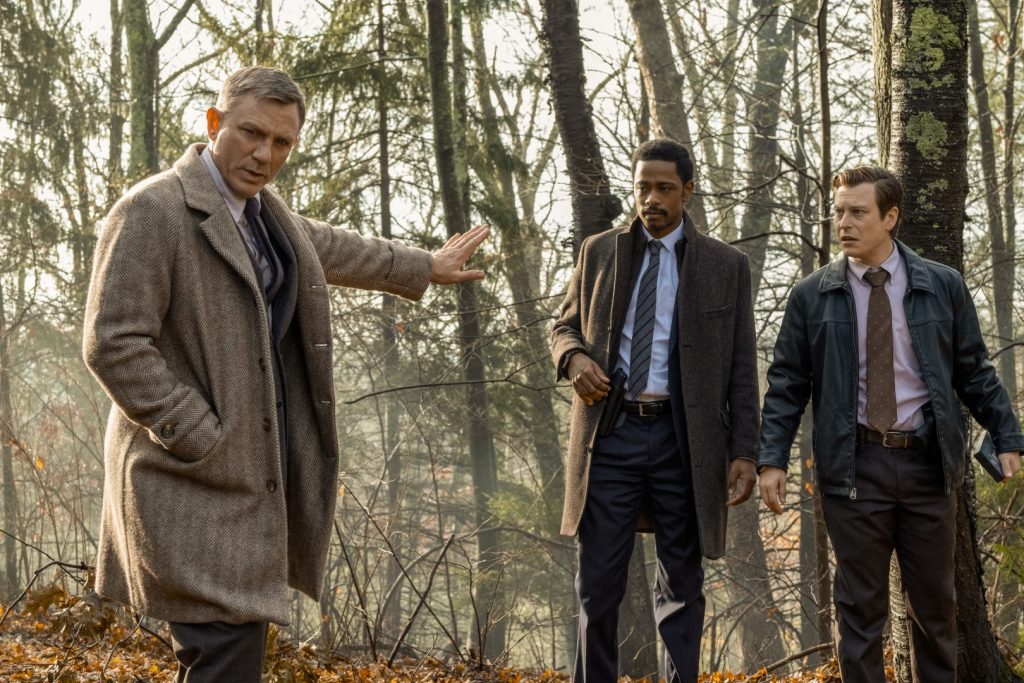Read also:
How to Watch FX Live Without CableHow To Watch AMC Without CableHow to Watch ABC Without CableHow to Watch Paramount Network Without Cable(This dispatch is part of our coverage of the 2019 Chicago International Film Festival.)
As I wind down my time at CIFF 2019, I find myself reflecting on what most of the movies have offered. This isn’t necessarily in terms of quality; it’s more in terms of the themes and, at the lower points, the clichés and tropes. In some sort of serendipity, my penultimate day at the festival brought me all of the above.

First was Wild Sparrow, which more or less classifies as a movie that shouldn’t work but largely does. Han (Kao Yu-Hsia) is a young boy living in the mountains with his great-grandmother (Chen Shu-Fang). Now he’s back the Taiwanese mainland to live with his mother, Ali (Lee Yi-Chieh), a self-destructive type who’s drifting from seeing one guy (Yu An-Shun) to another (Hsia Teng-Hung). Suffice it to say that the latter is a terrible guy, and he’s getting even worse.
It takes a while for what can eventually play as exploitative to even rear its head, and in that way, Wild Sparrow mixes traditional structure with social realism decently. At first, it’s much more low-key: the disconnect between Han and Ali, the ways her partners further the divide, the ways abuse exists without direct damage. Shih Li and Wu Yi-Jun’s script textures the chain of command between actions and people, and as a director, Shih is unafraid to hold on actors’ faces. Kao is fine, but it’s Lee who navigates the regret and codependency of the film.
But whether it’s a lack of confidence or not being sure how to tell this story, Shih and Wu take easier and easier routes in realizing their themes. Ali’s arc falls onto a cheap shot that let’s just say I despise, and it’s even worse since the picture had already made its points. The structure becomes a bit choppy afterwards as well, yet it ends on a surprisingly feasible note that, alongside Shih’s sensitivity as a director, sticks the landing. Not a lot of it feels new, but it largely works.

And alas, Wednesday brought what I was dreading. No, it wasn’t a terrible movie—it’s far from bad. It’s a movie that most festivals seem to have: the one that inevitably has people saying, “What, are you dead inside?” when I reveal that I didn’t fall hard for it. Here it’s And Then We Danced, a queer coming-of-age story about Merab (Levan Gelbakiani), a young man who trains alongside his Movie Best Friend, who exists in the form of Mary (Ana Javakishvili). When a new student named Irakli (Bachi Valishvili), he begins to question his identity.
If nothing else, it’s a handsomely mounted picture with a strong sense of place. It takes place in Georgia (the country, not the state) and threads its locations with a heritage that, while proud, is never distracting or simplistic. It’s keen when in staging; Levan Akins and DP Lisabi Fridell shoot the picture under a spill of light that blends interiors and exteriors. The performances are strong and the tracking shots are effortless—and yet I wasn’t fully invested. No matter how hard I tried, I couldn’t help but see through Akin’s script in both construction and execution.
It isn’t just the body of the story, though; that’s perfectly acceptable. It’s how Akin introduces and telegraphs subplots and supporting characters. Sometimes they feel intrusive to the narrative, but that’s before they come into play. When they actually matter, they’re either at the mercy of how well they fit into the protagonist’s arc or provide a setting for later scenes. It’s a handsome movie but not a tight one, flipping the standards it presents to an extent. It doesn’t go all the way.

One movie that does, however, is The Prince. Originally published in 1970, Mario Cruz’s only novel became an underground hit and was never even available in bookstores. Now Sebastián Muñoz and Luis Barrales have adapted it into a script. The former directs, and just wait until you see all the sweat, pubes, and grime on display here: Muñoz treats men’s bodies the same as most studios treat women’s, and that’s the point.
But before that, the first image is a slashed throat. Cut to Jaime (Juan Carlos Maldonado), a young Chilean narcissist in prison for a crime that unfolds to the viewer through flashbacks. The guards are brutal and the hyper-masculinity only reaches a ceasefire in inmates’ passionate expressions of their sexuality. Luckily, it doesn’t take long for Jaime to form a tryst with the cellblock’s ruling daddy, Ricardo (Alfredo Castro), known as ‘the Stallion’.
On one hand, it’s wonderful how Muñoz plays with masculinity. He shoots men like we’d expect to see them only to stage them like lingerie models minutes later. They get to be domineering; they get to be vulnerable. It gets to a point where it isn’t so much about gender as it is raw emotions, and DP Enrique Stindt complements this wonderfully with patinas and grain detail. There are too many supporting characters at times, but The Prince sure knows how to develop a sense of place.
That said, the main issue is a big one. Muñoz is so intent on contrasting the prison’s violence with Jaime and Ricardo’s relationship that it veers towards conflation. What begins as a parallel between intimacy and perversion becomes an intersection at points instead. Is this intentional? Clearly not. It’s too empathetic. But with more control, Muñoz could’ve made a great movie instead of a pretty good one.

So will The Prince be a hit with audiences? Is that even a real question? Of course it won’t, and of course that isn’t. One movie that very well could be, though, is Rian Johnson’s Knives Out, which played as the festival’s Centerpiece Screening. Now, with how many twists it has, let me just put it this way: renowned mystery author Harlan Thrombey (Christopher Plummer) is Agatha Christie character-level dead.
Someone staged it to look like a suicide. His bratty kids (Toni Collette, Jamie Lee Curtis, Michael Shannon, Don Johnson) are freaking out about who gets the inheritance, the extended family (too many to name here) providing a conveyor belt of clues. But wait! Detective Benoit Blanc (Daniel Craig) and his Kentucky-fried accent are on the case.
This is the type of movie where Harlan’s nurse, Marta (Ana de Armas), literally can’t tell a lie because it’ll make her vomit, so it better keep its tone right. And thankfully it does: Johnson’s writing can go from air-tight to crowded in how many figure eights it pulls like clockwork, sure, but it skips across its pond of suspects with grace. Johnson’s pacing is as fine-tuned as the performances are. It really is an embarrassment of riches here, even if the script reduces about one-third of the cast to simple filler. Yes, it’s very clever. It’s also a bit overreaching.
A lot of this has to do with its scope, which, even as its true purpose begins to unravel itself, makes for a journey that’s more amusing than cathartic. Johnson’s direction is swift but can coast on the script: some parts are strong in spatial awareness; some become a game of what lens he’ll put on the camera to slightly alter the shot. The production design, costumes, and editing give most of the flair instead, but ultimately, I can’t complain too much. Johnson’s given us a good time that has something on its mind.